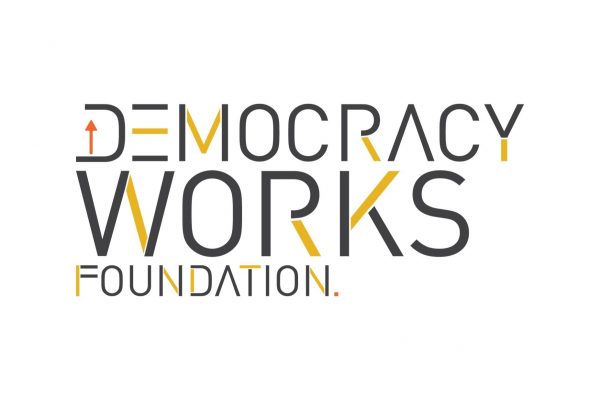Launched in February 2024, the Protecting and Promoting Whistleblowing in South Africa (PPW) project is a collaboration between Democracy Works Foundation (DWF) and The Whistleblower House (TWBH). With support from the European Union, the project seeks to strengthen the protection, support, and visibility of whistleblowers in South Africa through direct services, research, multi-stakeholder coordination, and public awareness.
The PPW project has made meaningful progress in protecting and empowering whistleblowers. During the first year of the project, 47 whistleblowers received direct psychological or legal support services. This includes legal aid for 21 cases, psychological support for 38 individuals, and two security interventions. Beyond direct support, the project launched practical resources, including three published service handbooks, a whistleblowing guideline, and a commissioned legal chapter on whistleblower protections. These tools are designed to help whistleblowers better understand their rights and the support available. The project prototyped and tested the Hall of Fame – a digital web platform that will document and celebrate the profiles and stories of whistleblowers in South Africa. The full launch is planned for later this year.
Partnerships that matter
The project has enabled the signing of formal agreements with key institutions including the Ethics Institute, Association of Certified Fraud Examiners (ACFE), and SA Institute of Chartered Accountants (SAICA)—strengthening cross-sector efforts to protect whistleblowers.
Advocacy at the national level
The project has supported coordination with the National Anti-Corruption Advisory Council (NACAC) and other stakeholders such as Business Unity South Africa and Business Leadership (BLSA) South Africa (BUSA) to push for urgent legal reforms and raise the profile of whistleblower issues in policy spaces.
Key Lessons
Reflecting on the PPW project so far, key lessons emerged:
- The importance of holistic support to whistleblowers – a comprehensive approach to supporting whistleblowers is key to ensuring their lives and livelihoods are protected. Legal advice is critical—but so are therapy, housing security, and emotional support.
- Tools need to be practical and visible
- Information is power. Our online guidelines and handbooks are empowering citizens to make informed decisions when faced with corruption.
- Partnerships amplify impact – We’ve learned that working hand-in-hand with professional bodies, civil society, and business leaders creates momentum for systemic change.
What’s Next?
DWF is planning to host a workshop in the next few months to support whistleblowing service providers. We look forward to driving the conversation forward on providing adequate support to whistleblowing in SA. Stay connected with us for updates, and ways to get involved.









